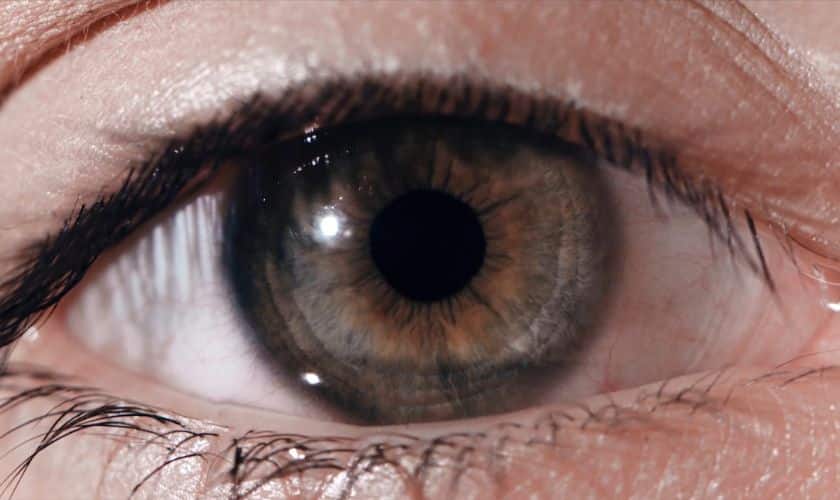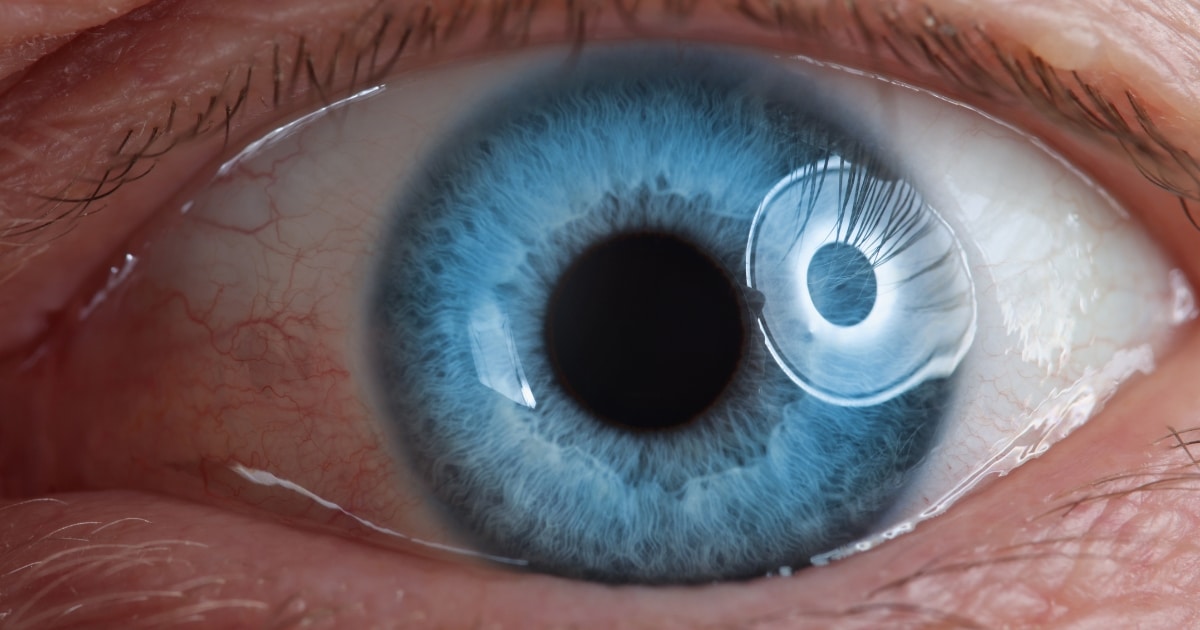Browse Eyewear

If you’ve ever heard someone say they are “blind as a bat”, you know that bats have poor eyesight. However, many people don’t realize that there are other ways to go blind besides having a bad vision. One of these forms of blindness is called retinal detachment, which is a condition in which the retina peels away from the back of the eye. It’s possible for people with a retinal detachment to regain their vision after treatment, but it depends on how quickly treatment begins and what kind of treatments are used. This article will discuss what causes retinal detachment, how it can be treated, and whether or not it can cause permanent blindness if left untreated.
Functions Of Retina
The retina is a thin layer that lines the inside of the eye and senses light so it can send information about images to the brain for processing.
In people with retinal detachment, fluid builds up between this layer and its underlying structure (the vitreous). This causes pressure on your retina and may lead to permanent damage if not treated quickly.
When you look at an object, light travels through your cornea, pupil and lens to focus onto your retina. The retina converts the light into electrical signals that are sent to the brain via the optic nerve for interpretation and to create images in your mind.
The retina is light sensitive and can be damaged by exposure to bright sunlight or other sources of UV radiation (like tanning beds), which causes photochemical damage–this kind of damage can lead to macular degeneration or retinitis pigmentosa.
Retinal Detachment & Blindness
Yes, retinal detachment can cause blindness. If left untreated for too long or if it is not treated properly, retinal detachment can lead to permanent vision loss.
This condition occurs when there is a tear in the retina that causes it to detach from its normal position and float into another area of your eye. The most common symptom of retinal detachment is flashes of light in one or both eyes. Other symptoms include:
- An increase in blurry vision (this may come on slowly)
- Dark spots or floaters in your field of vision (these may be noticeable only when looking at a bright background)
Retinal Detachment: The Condition
Retinal detachment is a condition in which the retina peels away from the back of the eye. It can occur suddenly or slowly over time, and it may cause you to lose vision if left untreated.
Retinitis pigmentosa (RP) is an inherited disorder that causes progressive loss of peripheral vision and night vision, making it more difficult for people with RP to drive at night or play sports outdoors during twilight hours.
Age-related macular degeneration (AMD) is another common cause of blindness among older adults. In this disease, small yellow deposits build up beneath your retina’s light-sensitive cells–the rods and cones–causing them to waste away over time.
Healthy Retina
A healthy retina will be flat against the back of your eye and not bulging out or pulling away from the inside wall of your eye (called the choroid). When this happens, it can cause problems with your vision because the light isn’t reaching all areas of your retina.
Retinal detachment can also occur as part of another condition such as age-related macular degeneration (AMD) or traumatic head injury. Retinal detachments are caused by tears in Bruch’s membrane–a layer that separates retinal tissue from other parts of your eye–and allow fluid to seep through those tears into spaces between cells within your retina.
Summary
If you experience any changes in your vision or if you see flashes of light, it is important to get immediate medical attention. You can also call an expert eye doctor who will help determine whether you need to see an ophthalmologist immediately or can wait until the next day for an appointment with an eye specialist.
Yes, it can. A retinal detachment is caused by a tear in the retina. If this tear is not treated quickly and properly, it can cause a loss of vision or even permanent blindness.
There are many causes of retinal detachments, including eye trauma, diabetes, and high blood pressure. However, most cases occur without any known cause.
You may experience flashing lights or wavy lines in your vision as a result of an untreated retinal detachment. You may also notice that one side of your field of vision appears darker than the other side.



